Since 2008, the International Women’s Development Agency (IWDA) has been at the forefront of world-leading research and innovation that is redefining how poverty is understood and measured. Because for too long, the lives of too many have not been captured by existing global poverty data sources.
The Equality Insights program is the result of multiple collaborations and partnerships over many years. Previously, this work was known as the Individual Deprivation Measure (IDM). In 2020, IWDA took this work forward as a flagship program under the new name Equality Insights.
Our history
Building a world-first gender-sensitive measure of poverty
In 2008, IWDA was a leading partner in an international research collaboration to develop and implement a gender-just measure of poverty. The result was a world-first, individual-level, gender-sensitive measure of multidimensional poverty, called the Individual Deprivation Measure (IDM).
The collaboration was funded by the Australian Research Council (LPO989385) and led by the Australian National University (ANU) in partnership with IWDA, as well as the Philippines Health Social Science Association, University of Colorado at Boulder, and Oxfam Great Britain (Southern Africa), with additional support from Oxfam America and Oslo University.
The measure was informed by participatory research with more than 3000 people who have lived experience of poverty across 18 sites in six countries across Africa, Asia and the Pacific, including Angola, Fiji, Indonesia, Malawi, Mozambique, and the Philippines.
Following the development of the measure, it was initially trailed in the Philippines in 2013. In 2015, IWDA partnered with the Fiji Bureau of Statistics to lead the first IDM study following the proof of concept trial in the Philippines.

Countries where research and/or data collection has taken place.
In preparation for global use, the measure continued to undergo testing and refinement between 2016 – 2020. This involved significant methodological updates, a series of additional adaptations, and expert review.
In addition to the Philippines and Fiji, studies were conducted in Nepal (2016), Indonesia (2018), South Africa (2020) and Solomon Islands (2020). This work benefitted from strategic funding support from the Australian Government Department of Foreign Affairs and Trade, the World Food Programme and individual philanthropic contributions.
Shifting data standards and norms
At the same time, IWDA set out to demonstrate the value of individual-level and gender-sensitive data about multidimensional poverty and make inclusive poverty data the norm, by working to transform the normative and standards environment for poverty data.
In March 2015, the IDM was introduced to international audiences at the Commission on the Status of Women (CSW59) in New York. In September 2016, it was shared with experts at the 17th Meeting on Gender Statistics hosted by INEGI in Aguascalientes, Mexico and raised at the Sixth Global Forum on Gender Statistics in Helsinki, Finland.
In 2017 the IDM was presented at the World Bank’s Individual Poverty Measurement Workshop in Washington, D.C.. Shortly after, then-Australian Minister for Foreign Affairs, the Hon Julie Bishop officially launched the IDM at the Australasian Aid Conference in Canberra in February 2017, before we returned to the Commission on the Status of Women (CSW61) to bring increased attention to gender specialists of this gender-just tool. This time, the IDM was featured as part of the official CSW61 program via an interactive expert panel on data and gender statistics to support accelerated implementation of the Beijing Platform for Action and the Sustainable Development Goals.
This work has continued to feature in global arenas, including at the United Nations High-Level Political Forum (HLPF), the World Data Forum, the Global Forum on Gender Statistics, the Asia Pacific Forum on Sustainable Development and more recently the OECD Network on Gender Equality, as well as at a series of international conferences among other global and regional forums.
In 2020, IWDA took this work forward as a flagship program and rebranded from the IDM to Equality Insights. Building on the foundations of the IDM, Equality Insights has continued to adapt. In 2021 we developed a remotely-administered variant of the measure, called Equality Insights Rapid. This adaptation was supported by a Global Technical Advisory Group and the first use of this new, phone-based survey was rolled out in Solomon Islands and Tonga in 2022.
Research project to create a gender-just measure of poverty begins.
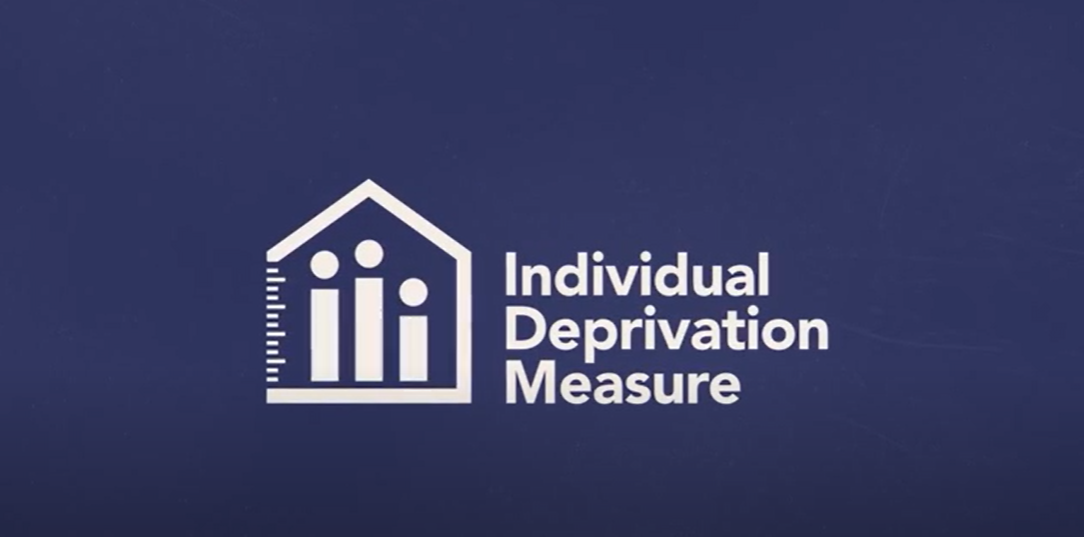
In 2008, IWDA was a leading partner in an international research collaboration to develop and implement a gender-just measure of poverty, called the Individual Deprivation Measure (IDM).
WatchParticipatory research phase
Between 2009-2012, participatory research was conducted with more than 3000 people with lived experience of poverty. This research was conducted across six countries in Africa, Asia and the Pacific and informed the development of the Individual Deprivation Measure.
IDM Research ReportProof of concept

A proof of concept was initially trailed in the Philippines in 2013. It assessed 15 dimensions of life that people who have experienced poverty said mattered as well as assets, which was informed by the participatory research.
Fiji survey

IWDA partnered with the Fiji Bureau of Statistics to lead the first IDM study following the proof of concept in the Philippines. The study confirmed the IDM as a tool that extends available insights into multidimensional poverty.
Presenting at the Commission on the Status of Women
In March 2015, we addressed the Commission on the Status of Women (CSW59), showcasing the gender-just tool we had developed as part of an interactive expert panel on data and gender statistics.
Watch CSW59 Side EventTesting and refinement phase
Between 2016 – 2020, significant methodological updates were made to the measure. This included a series of additional adaptations and expert review.
Methodology Update ReportImplementing the Individual Deprivation Measure

From 2016, a further four studies were carried out. This included studies conducted in Nepal (2016), Indonesia (2018), South Africa (2020), and Solomon Islands (2020).
Costs and Contributions of the IDMPresenting at the UN Economic Commission for Europe
In 2019, we presented at the United Nations Economic Commission for Europe (UNECE) Work Group on Gender Statistics about our work in Fiji to measure gender inequality within the household. We returned to the UNECE the following year to present to the expert meeting on measuring poverty and inequality about inclusive poverty measurement.
UNECE working paper 2019The Individual Deprivation Measure becomes Equality Insights

In 2020, IWDA took this work forward as its flagship program under the new name Equality Insights. While the program received a new look and feel, the mission to develop and implement a gender-just measure of poverty remained the same.
Guidance NoteA new variant is developed: Equality Insights Rapid
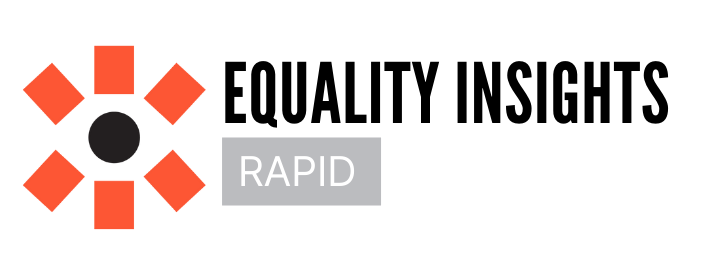
In 2021, work began to develop Equality Insights Rapid; a remotely-administered variant of the measure that could be used in the COVID-19 context.
Tool Development ReportThe Global Technical Advisory Group is formed
The Global Technical Advisory Group (GTAG) supported the development of Equality Insights Rapid and the process to adapt the measure into a shorter phone-based variant. The GTAG compromised of statistical experts, gender experts, and potential users from government, non-government, and multilateral organisations.
Equality Insights Rapid Studies in Solomon Islands and Tonga
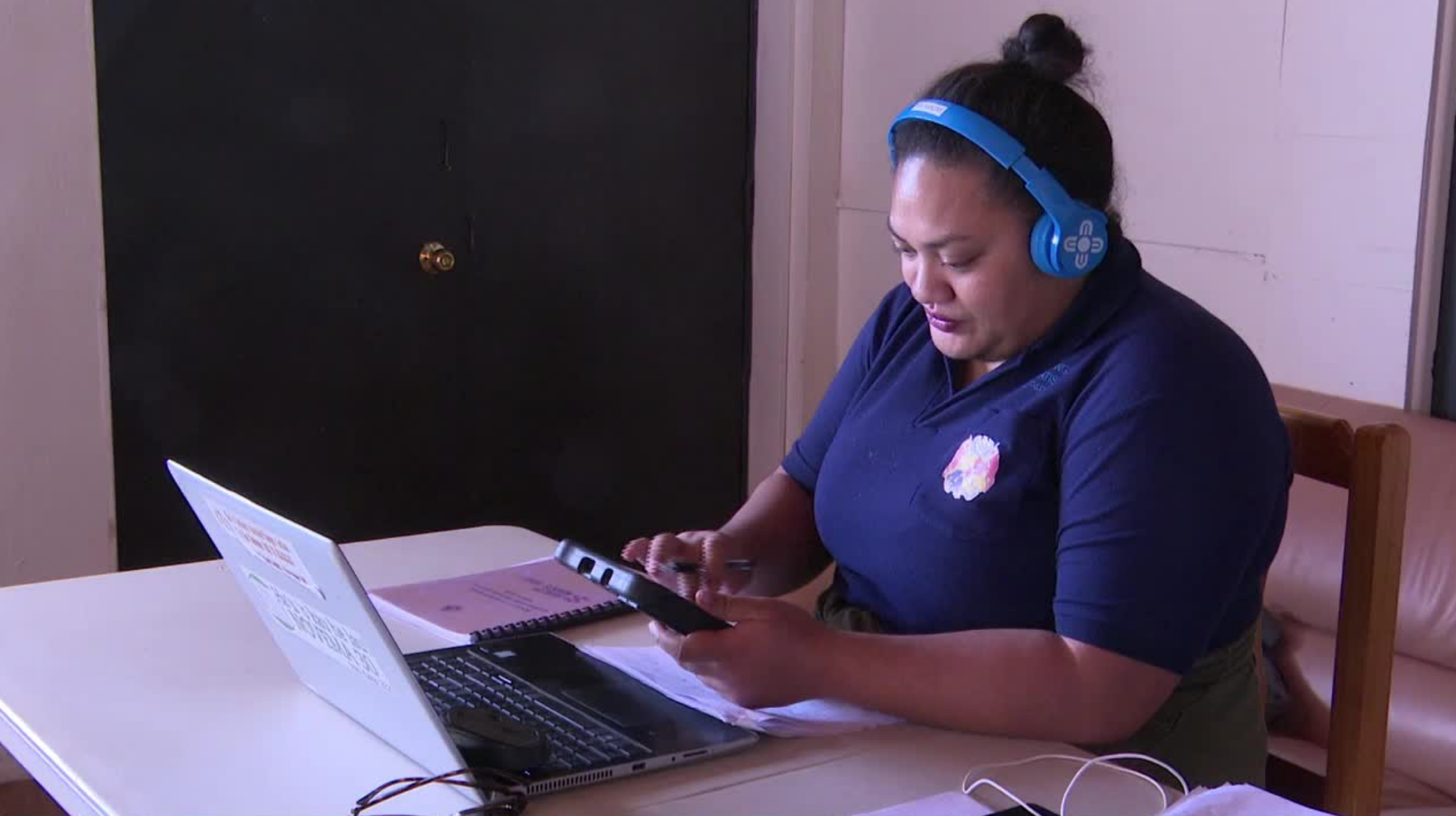
Equality Insights Rapid was rolled out in Tonga and Solomon Islands in 2022, with support from our partners including the Tonga Statistics Department and the Ministry of Internal Affairs, Women’s Affairs and Gender Equality Division (MIA/WAGED), as well as Dignity Pasifik, a women-led research business, with support from the Solomon Islands National Statistics Office and the Ministry of Women Youth Children and Family Affairs.
Read MoreGender Data Training
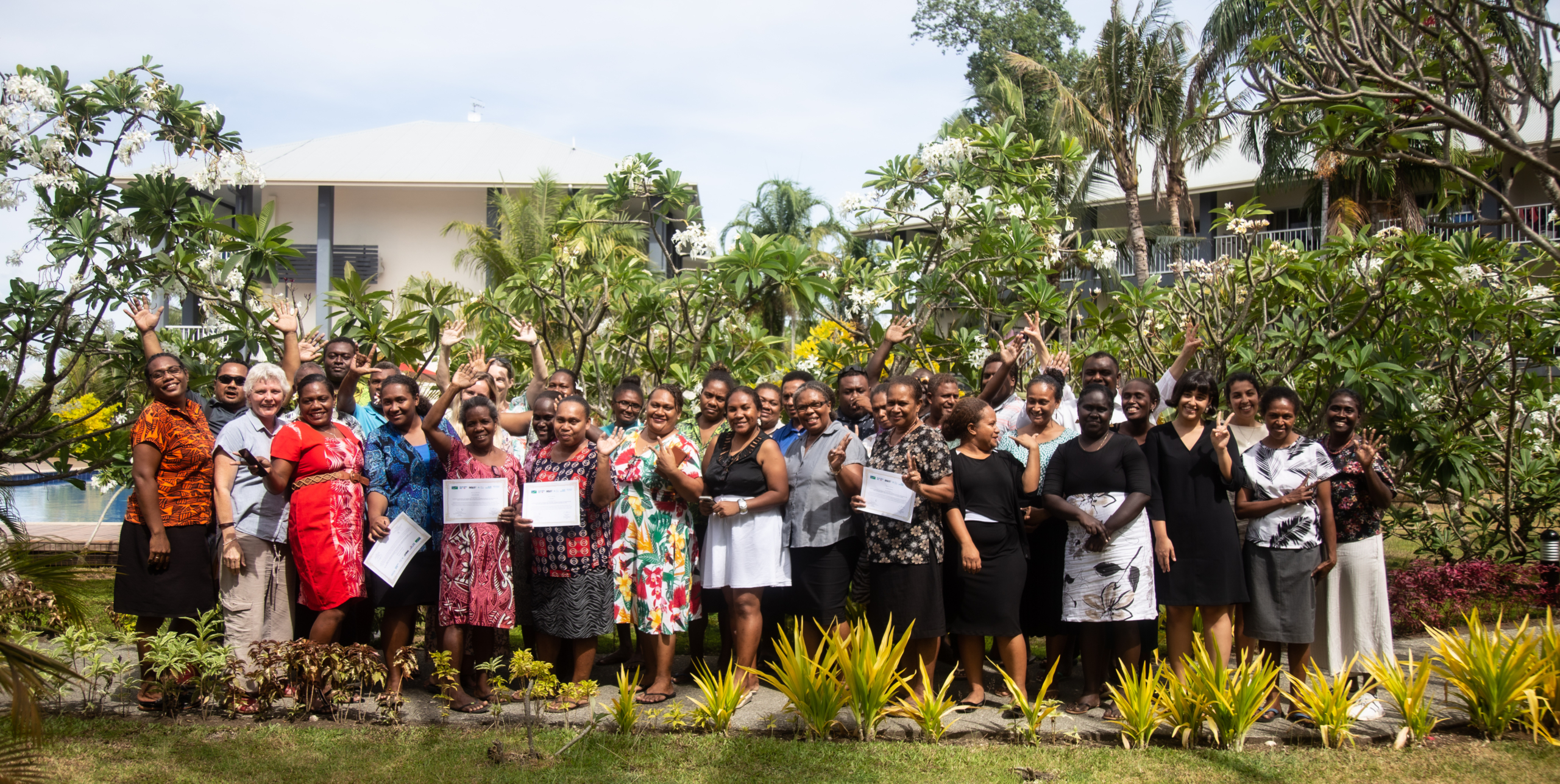
Gender statistic training was delivered in Tonga and Solomon Islands. The focus of the training was on producing and using gender statistics to promote equality, and was designed to support statisticians, representatives from the Ministry of Women, gender equality focal points in various government ministries, as well as women’s rights organisations and wider civil society. The training was co-delivered with SPC (Pacific Community), the United Nations (UN) Statistical Institute for Asia and the Pacific (UN SIAP), and UN Women Asia and the Pacific.
Publication of findings from the Equality Insights Rapid surveys

In 2023, findings from the Equality Insights Rapid surveys in Tonga and Solomon Islands were published. The reports hold key insights about experiences of multidimensional poverty in both countries, providing policy-makers with individual-level and gender-sensitive data to inform policies and interventions.
Equality Insights Rapid Report: Solomon Islands SurveyPublication of findings from the Equality Insights Rapid surveys
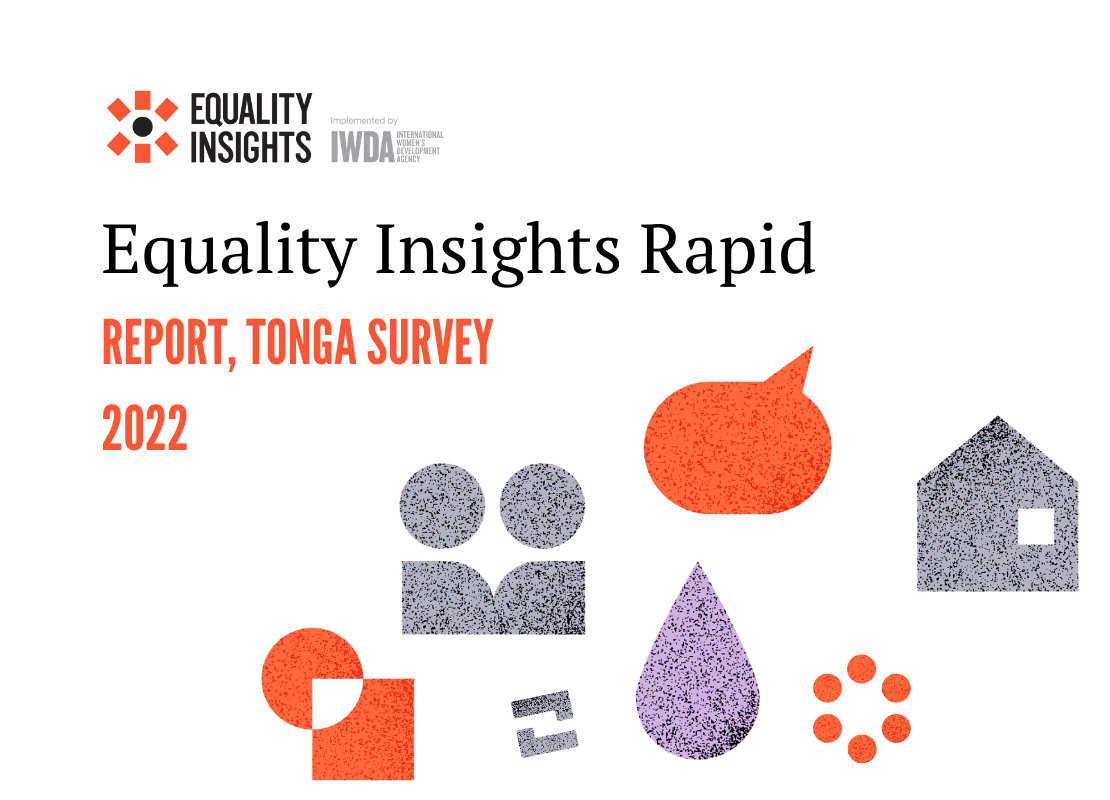 Equality Insights Rapid Report: Tonga Survey
Equality Insights Rapid Report: Tonga Survey
Launch of our gender-sensitive Data Portal
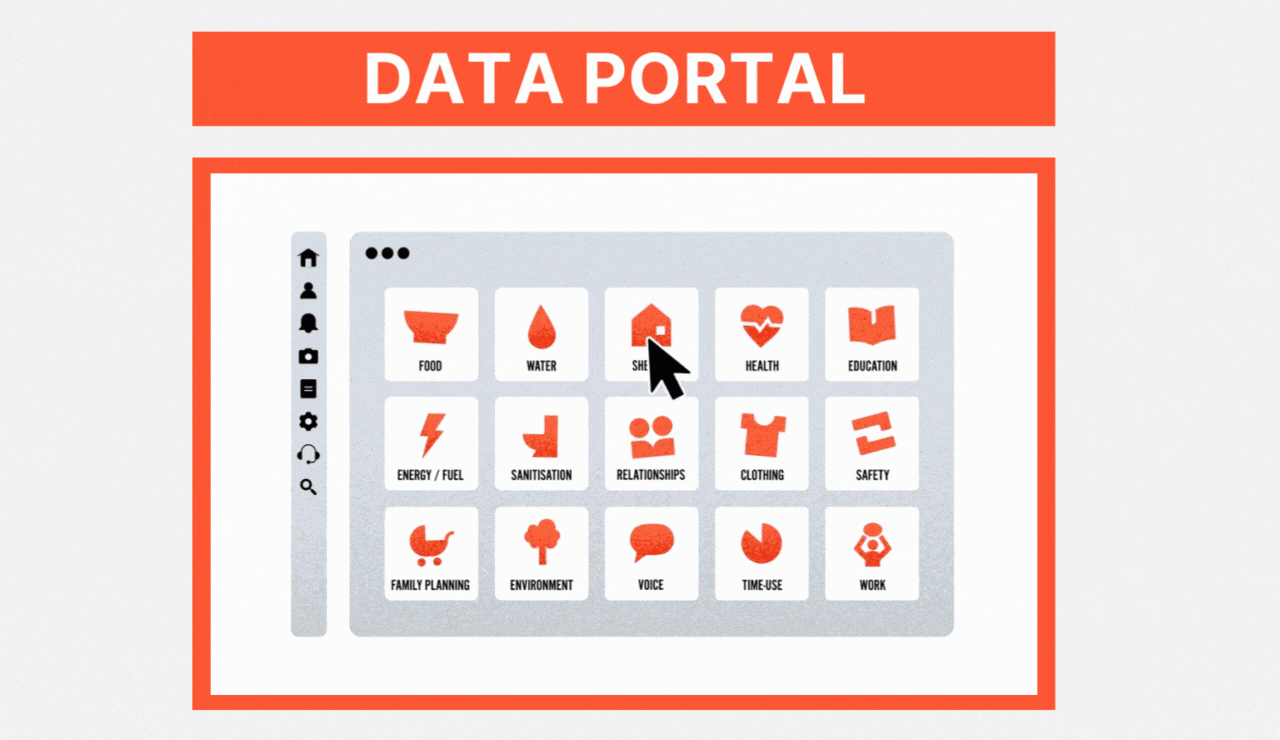
The Equality Insights Data Portal, a unique, newly developed platform, hosts gender-sensitive data on multidimensional poverty and inequality from Equality Insights’ Surveys in Tonga and Solomon Islands. Designed as an accessible and open-access platform, the portal enables collective impact through data-driven insights.
Explore the Data PortalLaunch of the iCount! Coalition
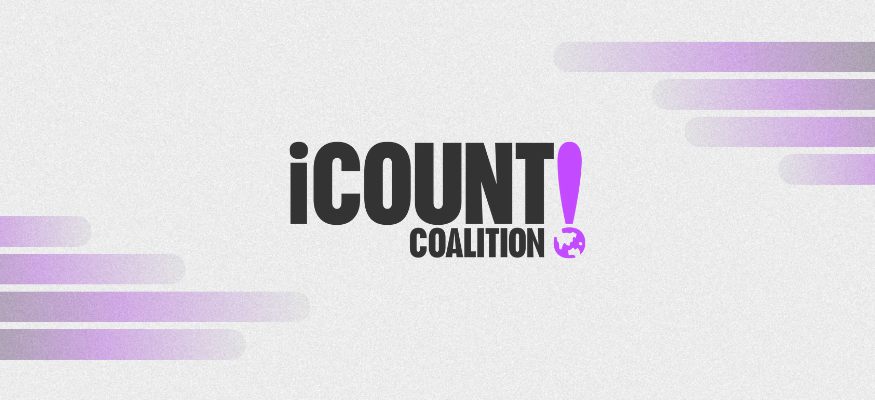
With the 2030 deadline for the Sustainable Development Goals approaching, a coalition of gender data champions—spanning government, civil society, academia, networks and more—was formed to drive data innovation and ensure a post-2030 framework that prioritises inclusion and the right to development for all.
Read more about iCount! here